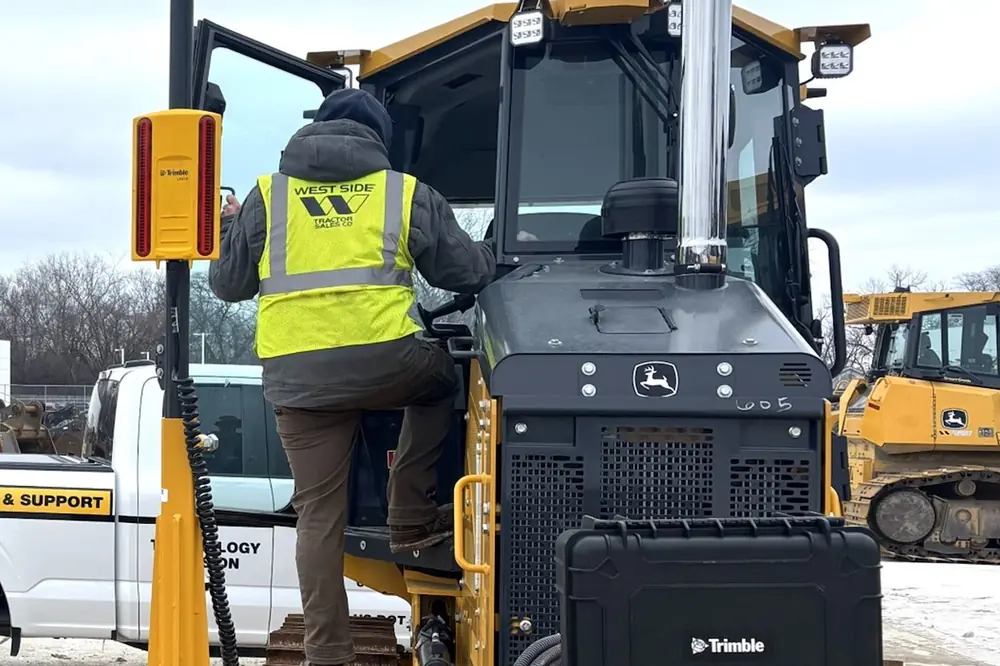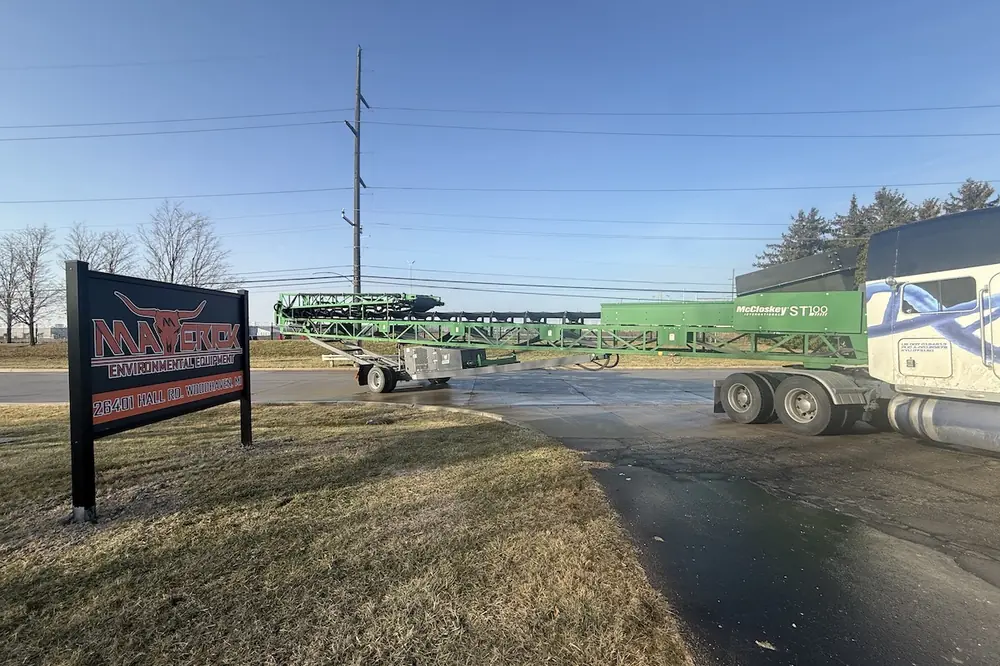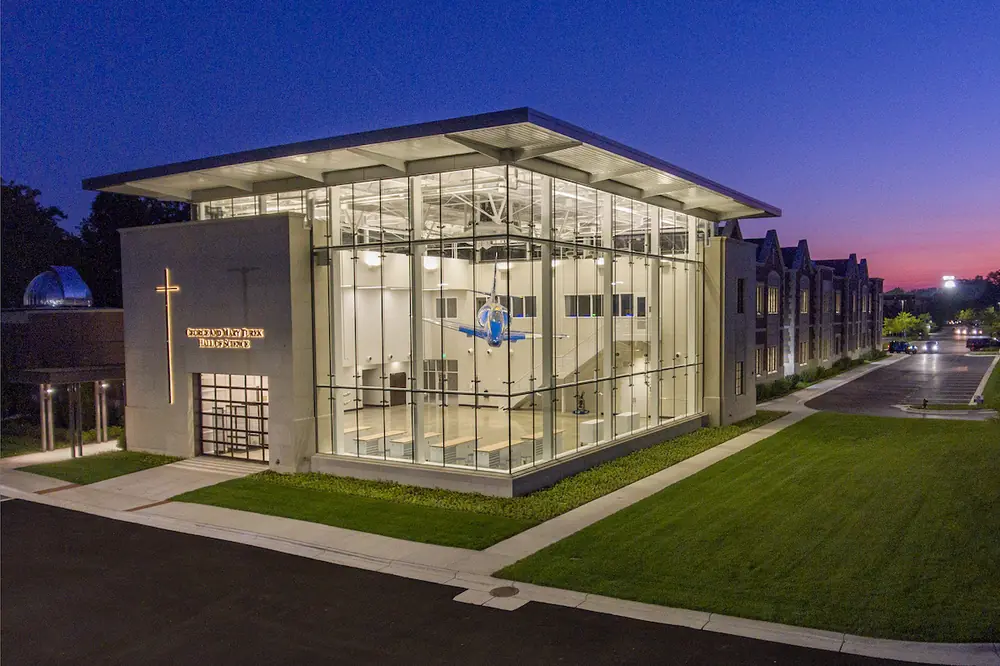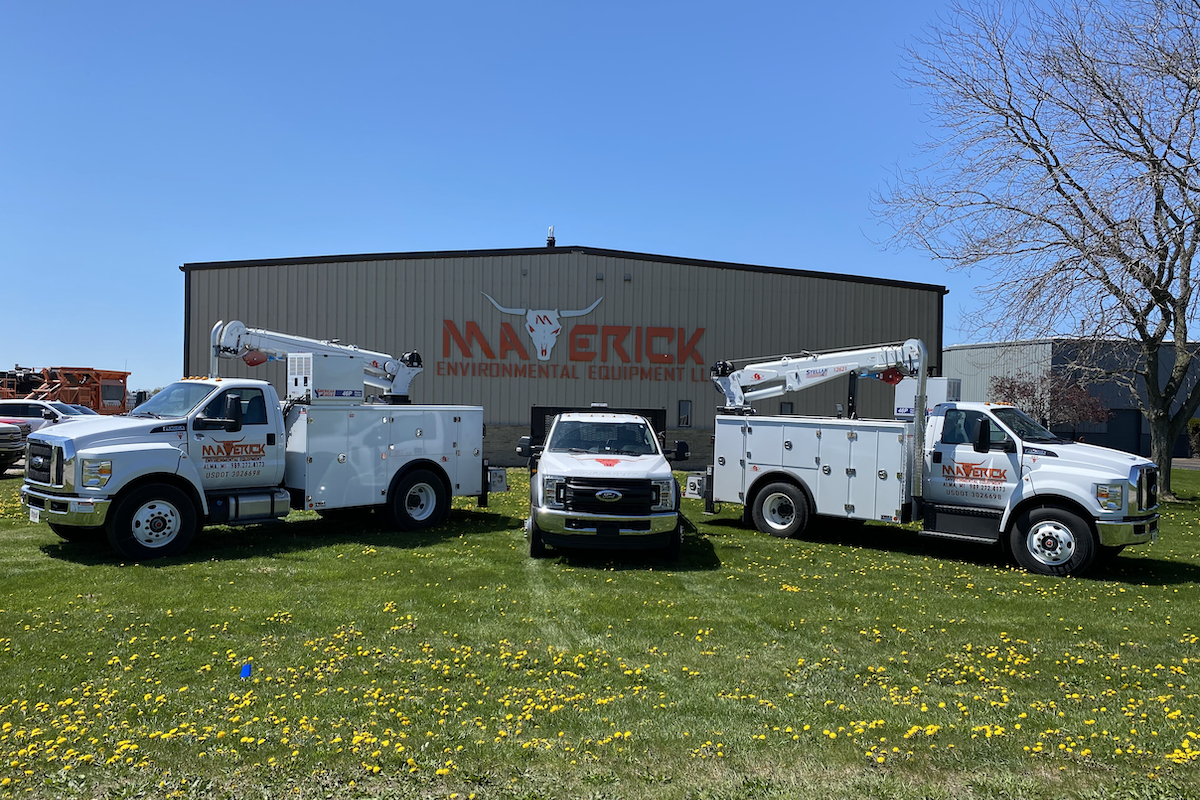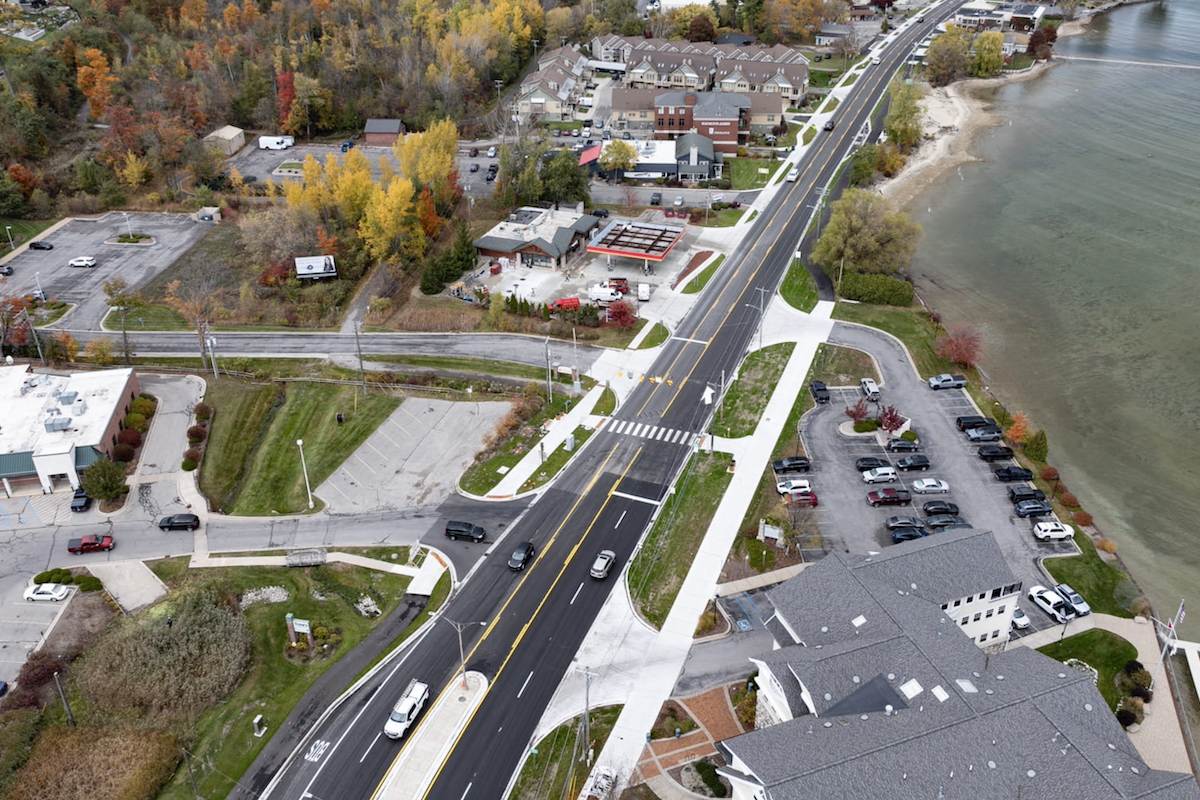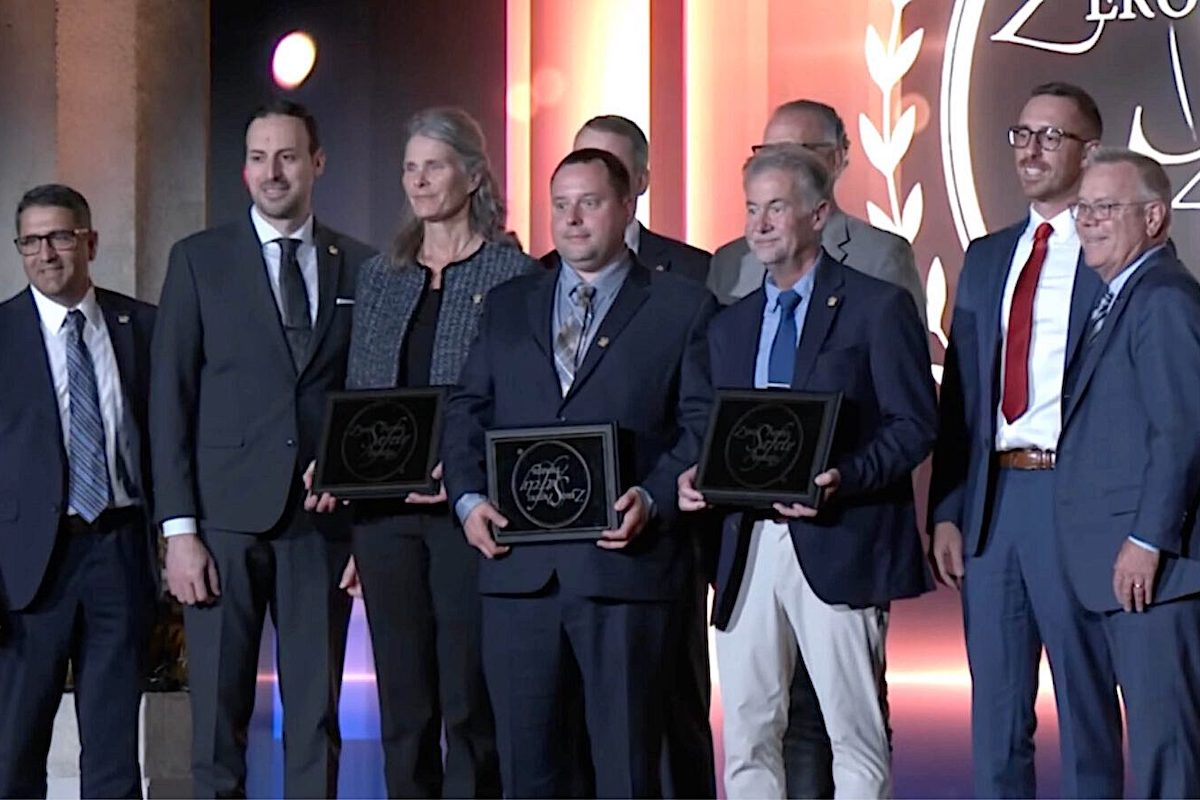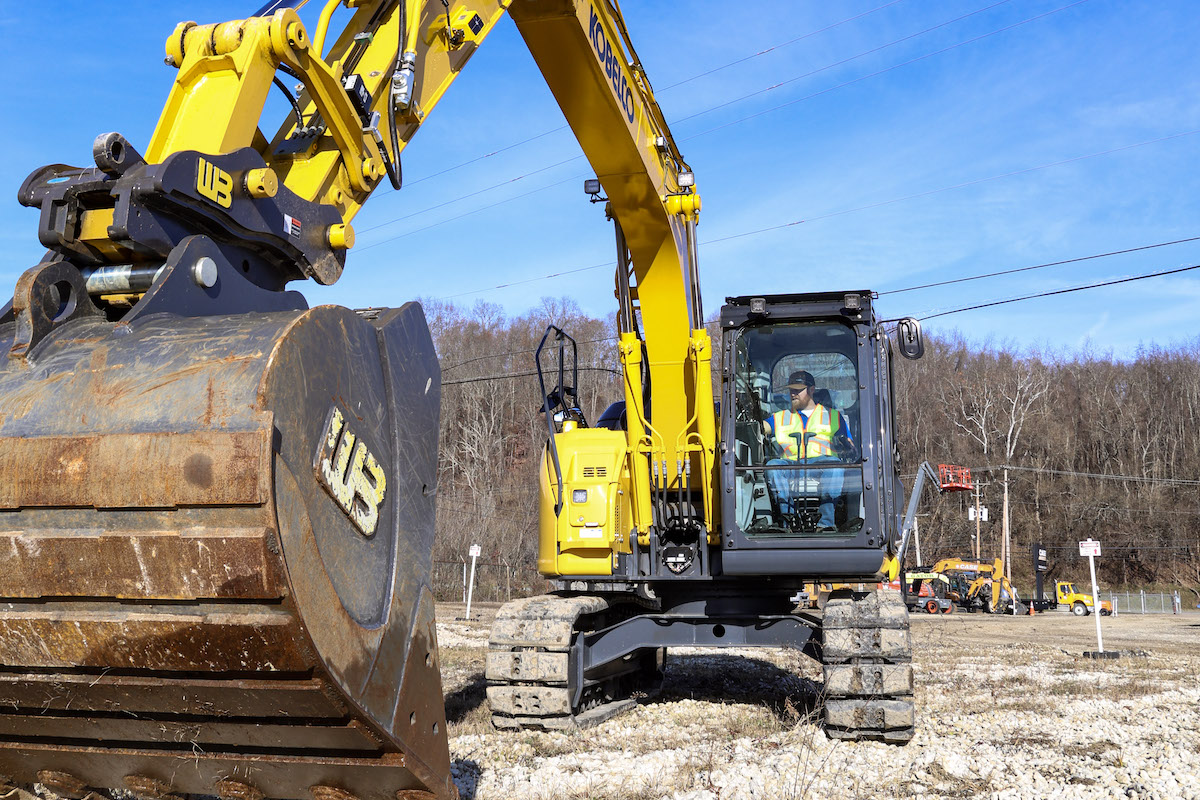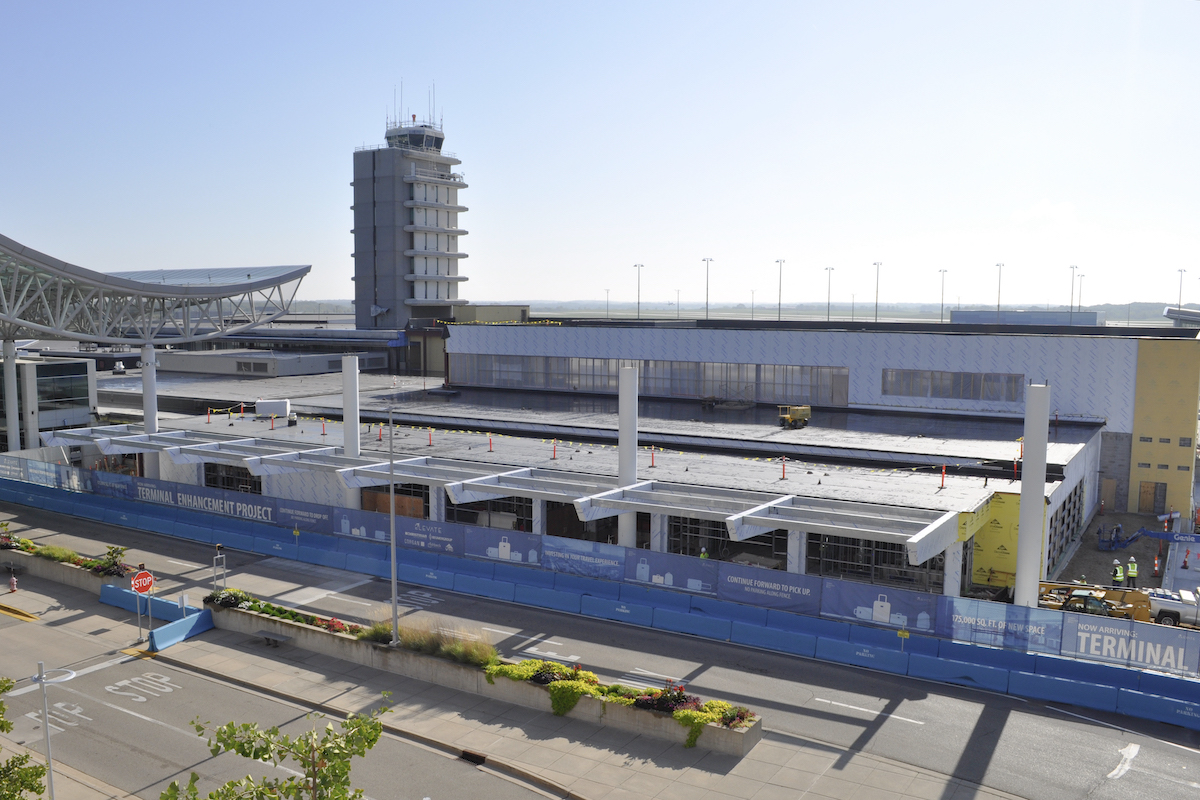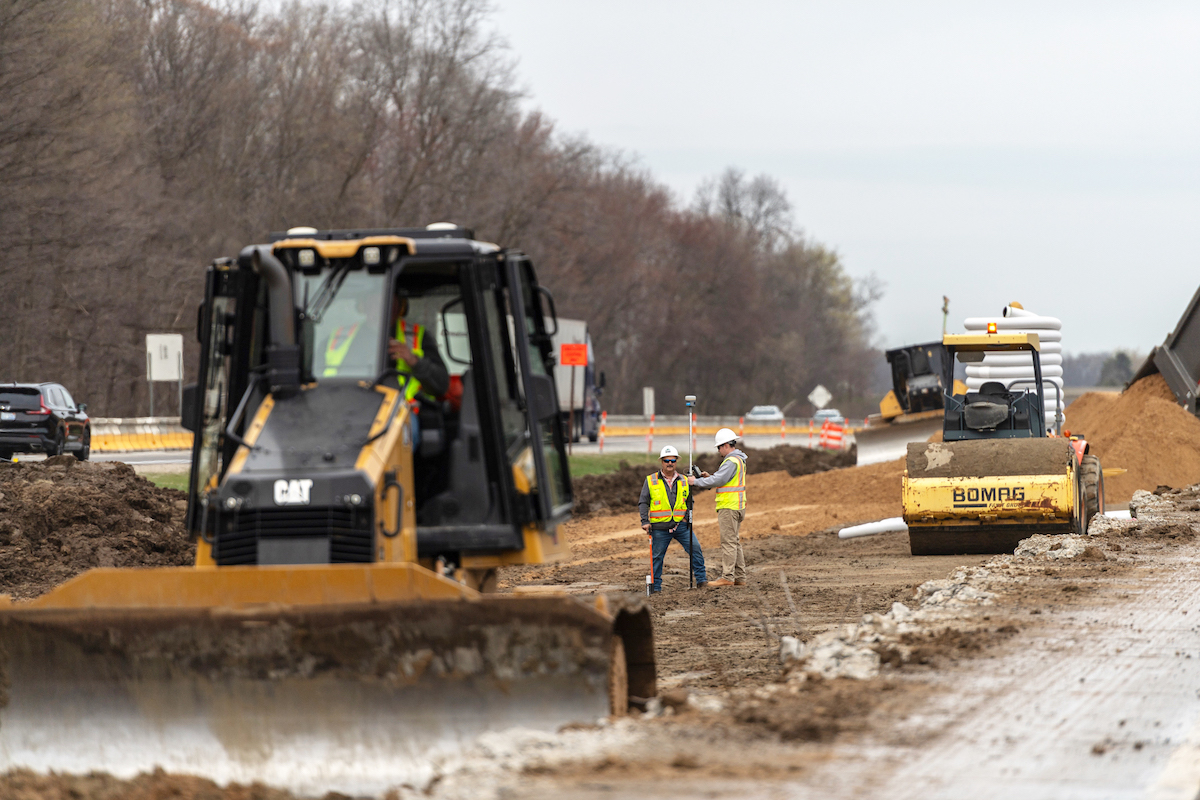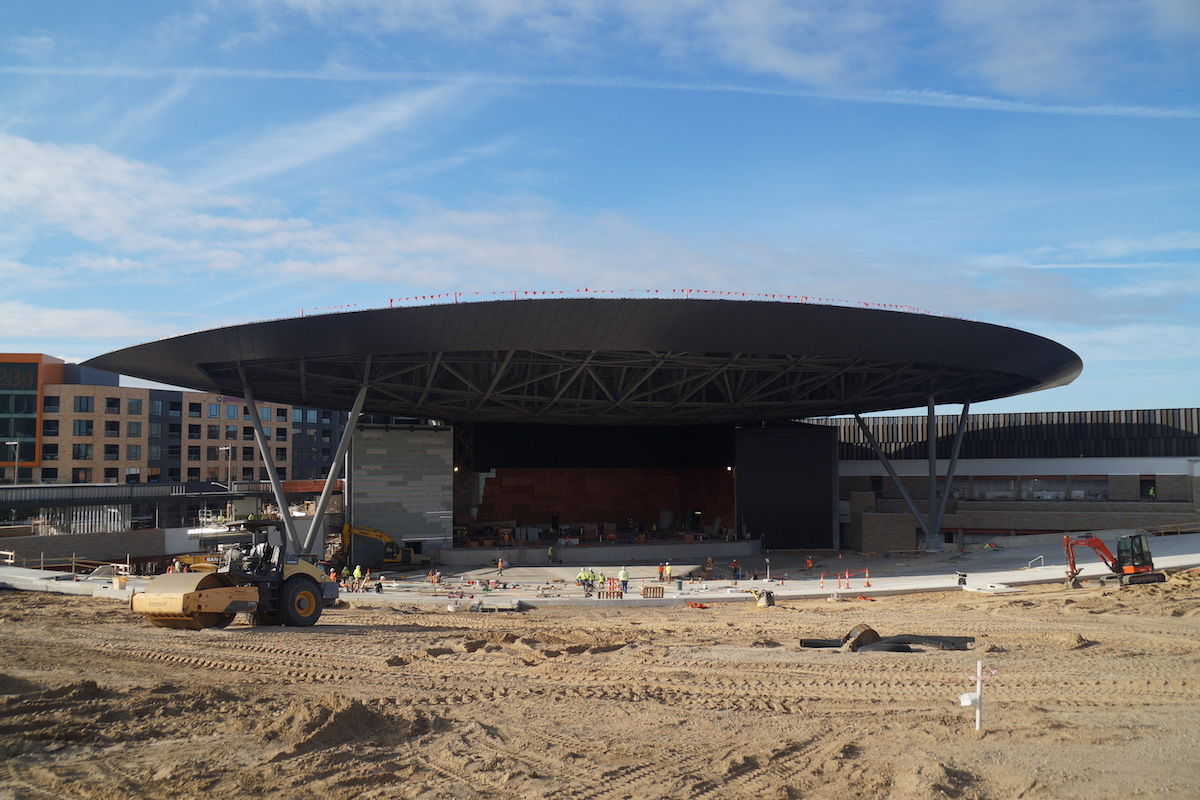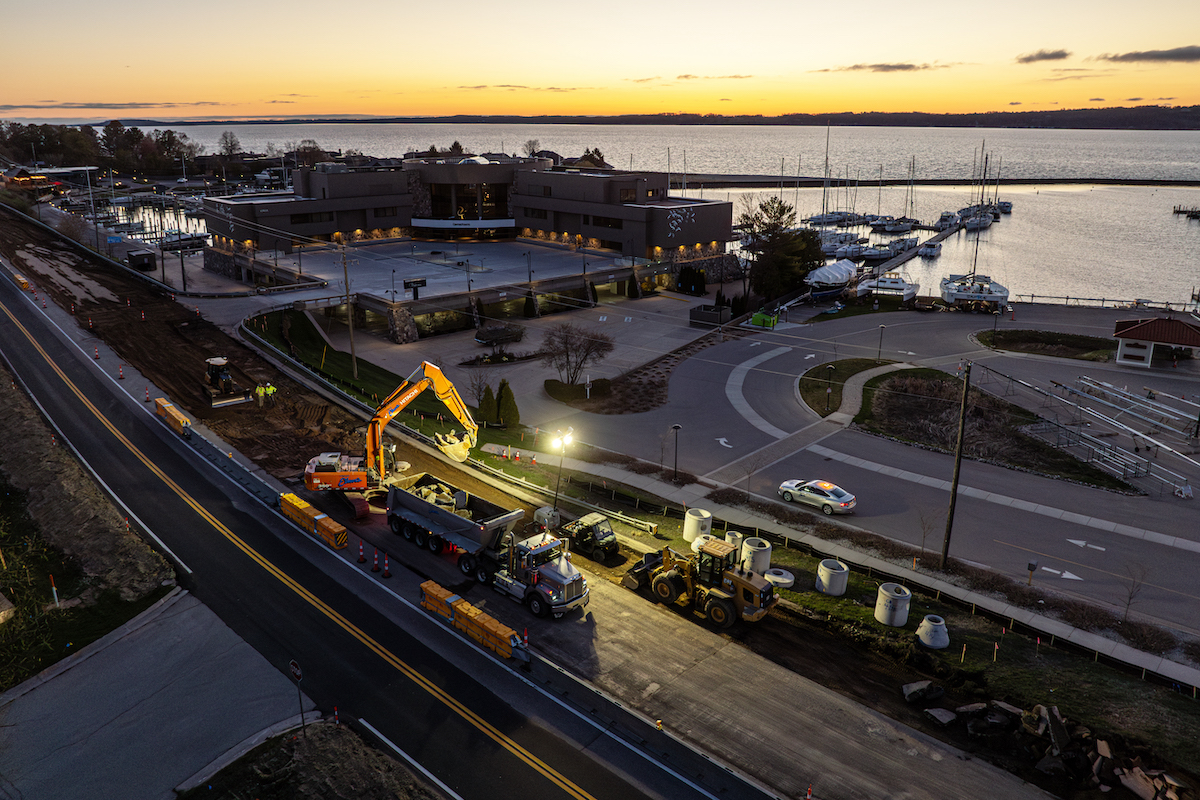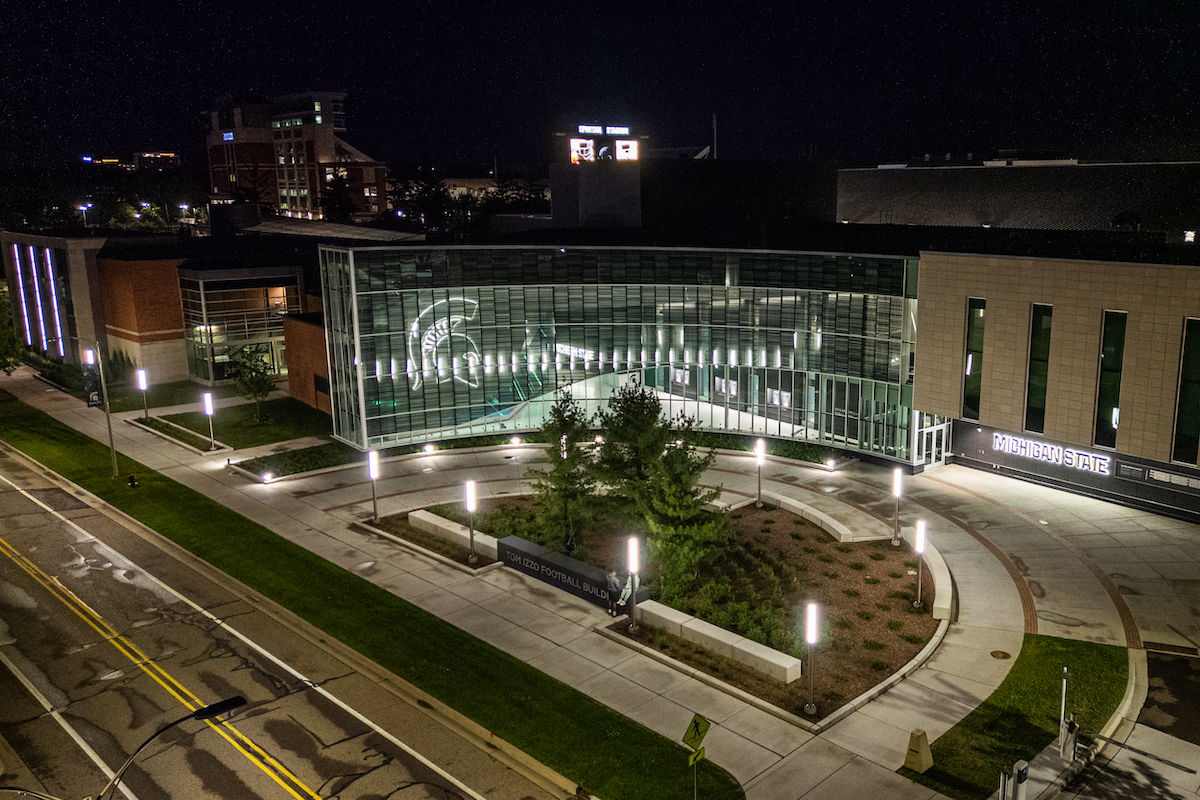“Michigan was home to the first mile of paved road, and now we’re paving the way for the roads of tomorrow with innovative infrastructure that will support the economy and the environment, helping us achieve our goal of carbon neutrality by 2050,” Whitmer said. “This project reinforces my commitment to accelerating the deployment of electric vehicle infrastructure in Michigan and will create new opportunities for businesses and high-tech jobs amidst the transition to electric vehicles.”
The Inductive Vehicle Charging Pilot is a partnership between the Michigan Department of Transportation (MDOT) and the Office of Future Mobility and Electrification that will deploy an electrified roadway system that allows electric buses, shuttles, and vehicles to charge while driving, enabling electric vehicles to operate continuously without stopping to charge. Electrified roadways have the potential to accelerate adoption of electric vehicles by consumers and fleet operations alike by enabling continuous vehicle operations and turning public streets into safe and sustainable shared energy platforms. Michigan is the first in the nation to deploy this forward-looking infrastructure.
MDOT recently released a Request for Proposal to design, fund, evaluate, iterate, test, and implement the Inductive Vehicle Charging Pilot along a one-mile stretch of state-operated roadway in Wayne, Oakland, or Macomb counties. This partner will work closely with MDOT, the Office of Future Mobility and Electrification, the Michigan Economic Development Corporation, and Michigan Department of Environment, Great Lakes, and Energy on this project.
“At MDOT, we know the future of mobility involves connectivity, and this initiative dovetails nicely with our other successes linking vehicles and infrastructure through technology,” said MDOT Director Paul C. Ajegba. “This is a model we will build on across the state to further promote the governor’s broad and ambitious vision.”

| Your local Trimble Construction Division dealer |
|---|
| SITECH Michigan |
To date, MDOT has activated the largest vehicle-to-infrastructure technology deployment — nearly 600 miles — in the United States, including a first-of-its-kind connected and autonomous vehicle (CAV) corridor. Michigan is also home to the most diverse collection of automated vehicle and drone testing environments in the world, more mobility-related patents than any other state, and more engineers per capita than anywhere else in the world.
This news builds on recent announcements by the administration, including the first round of Michigan Mobility Funding Platform funding grants to accelerate mobility and EV investments in the state, a robot delivery program to address last-mile delivery challenges in Detroit’s Corktown neighborhood; Detroit Smart Parking Lab, a new public/private sector collaboration launching the nation’s first-of-its-kind, real-world test site for parking solutions, also in Corktown; and an MOU between Michigan and Ontario on cross-border activities to spur technology innovations and transportation solutions that enhance crossings by land, air, and water.
“We’re in the midst of the most significant shift in the automotive industry since the Model T rolled off the assembly line more than a century ago, and Michigan is ... setting the course, manufacturing the vehicles of the future and deploying charging solutions that make EV adoption more widely available,” said Trevor Pawl, Chief Mobility Officer with the Office of Future Mobility and Electrification. “This electrified roadway has the potential to accelerate autonomous vehicles at scale and turn our streets into safe, sustainable, accessible, and shared transportation platforms.”














